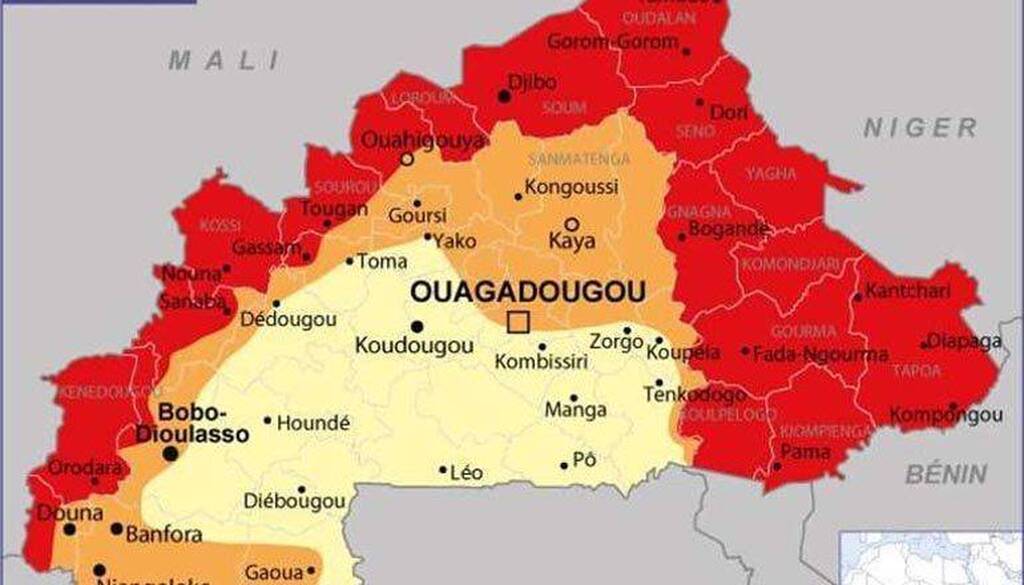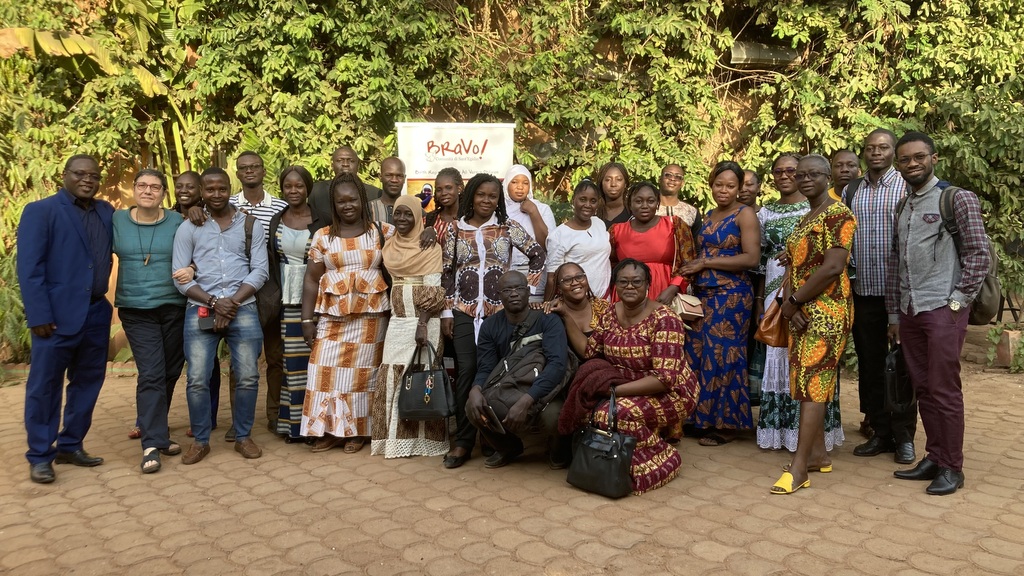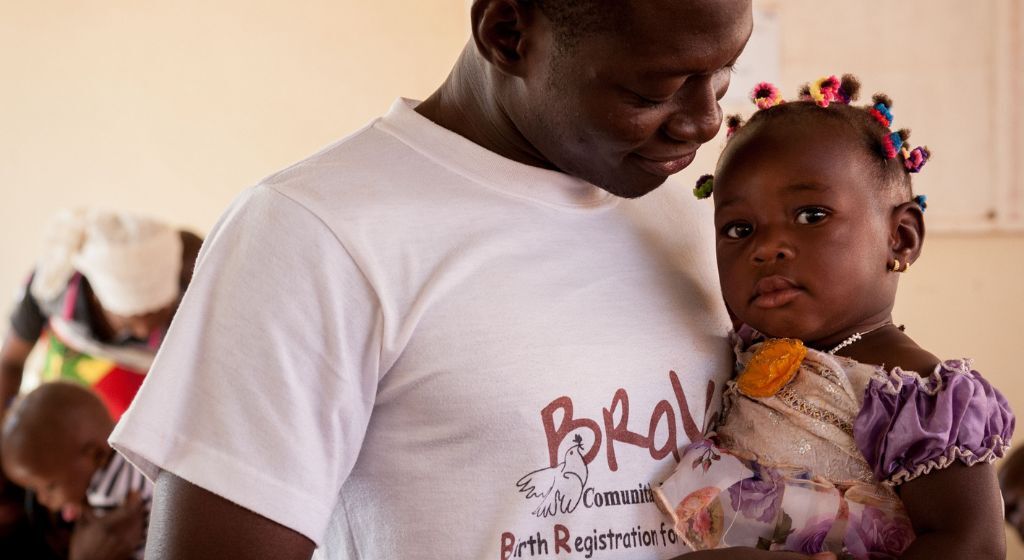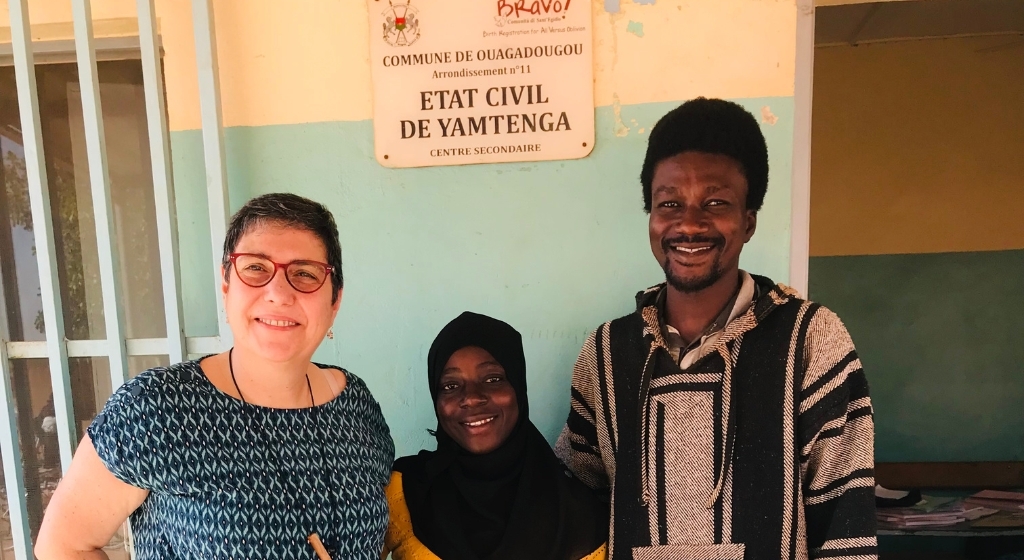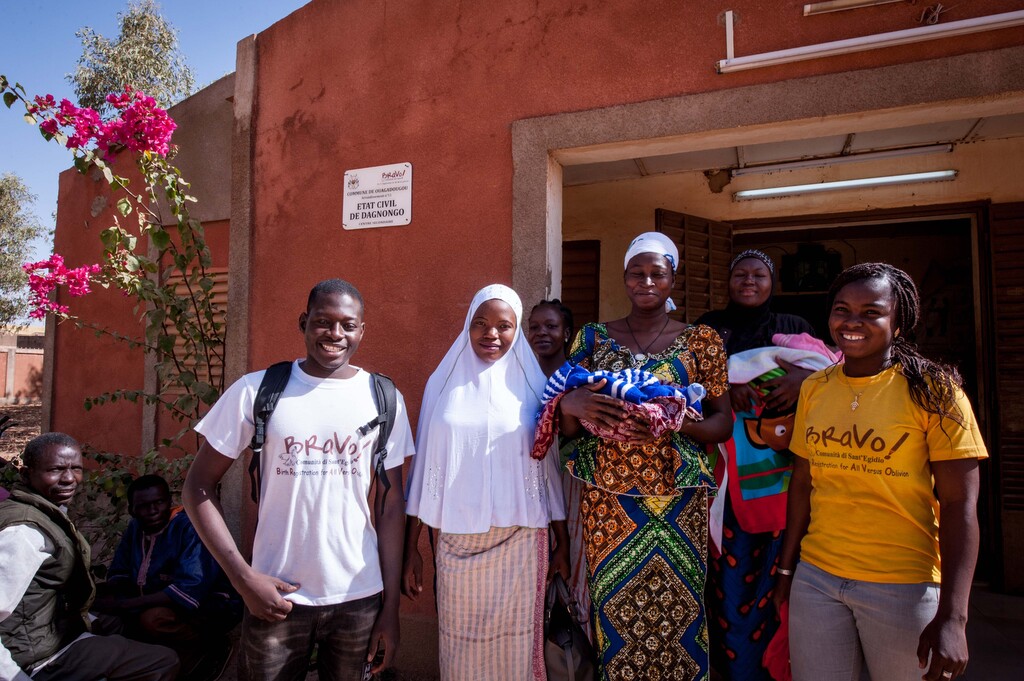Burkina Faso, like the entire Sahel region, has been experiencing high insecurity for several years and has suffered recurrent jihadist terrorist attacks. The terrorist offensive, begun in 2016, initially targeted places symbolic of the Western presence in the country, such as cafes, restaurants and hotels in the capital. It then focused on actions aimed at undermining the presence of the state on the ground, targeting schools, police stations and other symbols of the state and its institutions. In 2022, the country suffered two military coups that made the political situation even more unstable. The government, unable to maintain order, armed the civilian population. This favoured the ethnicisation of clashes and private violence, especially in the northern and eastern border regions, where illicit trafficking of men and goods has proliferated.
The situation has further deteriorated in recent months. Apart from the capital, no territory can be considered safe. Not even the major transit artery connecting the two main cities, Ouagadougou and Bobo Dioulasso, where attacks have also been recorded on NGOs carrying humanitarian aid.
Terrified populations have moved in search of more protected places. Almost two million Burkinabé - a tenth of the population - have therefore fled their homes. Children suffer greatly from this situation: half of the displaced are minors and more than 5,000 schools have had to close due to insecurity, so leaving one million schoolchildren unable to attend classes.
The work of the BRAVO! programme for registering the population in the civil register continues amidst a thousand difficulties and increasing violence. As many as 200 offices have not stopped their work. In fact, the programme is accompanying communities moving to less dangerous areas (such as the Centre-West) by promoting actions to ensure safety and continuity of the registration service, especially for women who wish to register their babies' birth.
It is certainly difficult to keep civil status centres operational. In some cases, 'Bravo!' agents have been forced to leave their premises, and have moved to safer centres. As they have fled, however, they have saved records and tried to recreate civil status offices for refugees from their areas. It is a form of resistance to violence and to the dissolution of the state, which relies on the consciousness that in these years of work and widespread presence in the country, the Bravo programme has created in so many operators and in the population
Today's videos














